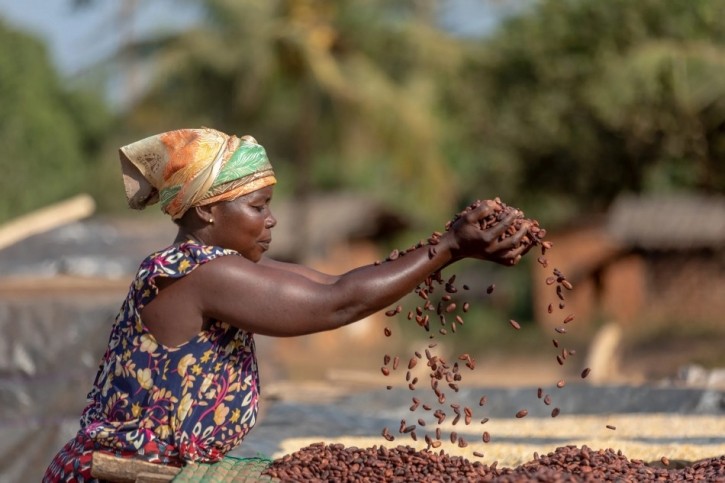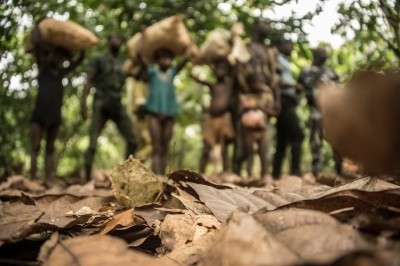Sustainabilty
Cargill accused of child labour practices on Brazilian cocoa farms

According to a report on Reuters, the 39th Labor Court in the northeastern state of Bahia ordered Cargill to add to its contracts with Brazilian cocoa suppliers clauses to end the commercial relationship if child labour or other unlawful working conditions occur.
The lawsuit was brought against the commodities supplier by local labour prosecutors, alleging it buys cocoa from hundreds of producers, co-ops, and merchants in the country and cannot know whether child labour was used in any stage of that chain.
In a statement sent to ConfectioneryNews, Cargill said: "By decision of the TST (Brazilian Superior Labor Court) of 2022, the case is under a full Judicial Confidentiality condition. For this reason, Cargill is not allowed to comment any details of the case. What we can say is that Cargill disagrees with the allegations and the issued decision, against which will appeal to the higher Court."
Transparency and traceability in cocoa supply chains in general is a problem for many of the big chocolate companies, especially in West Africa, where monitoring small-holder farms for evidence of human rights or environmental abuses such as deforestation can go unchecked without proper monitoring and mapping.
Cargill’s Cocoa Promise, launched in 2012, as an in-house commitment to cocoa sustainability, is aligned to the five UN Sustainable Development Goals (SDGs) and intended to make its supply chain fully transparent to counter such allegations.
In the statement sent to this publication, Cargill went further in its defence of the allegations and said it "does not tolerate human trafficking, forced or child labour in its operations or supply chain.
"We take steps to understand potential issues, while continuing to actively work to protect human rights, with a firm commitment to protecting children's rights around the world. We support the Sustainable Development Goals (SDGs) established by the UN to promote decent work for all, including the goal of eliminating child labour. In Brazil, all suppliers are checked against government embargo lists and if violations are identified, we take immediate action to suspend the supplier.
"This goal will be achieved as part of the “Cargill Cocoa Promise” programme, which includes the origination regions in Brazil. Cargill is also a signatory to the multisectoral initiative “Cocoa Action”, a pre-competitive action that aligns different actors in the chain to catalyse efforts and address priority issues for cocoa sustainability.
"Over its 56 years in Brazil, Cargill has demonstrated this commitment by observing and complying with all current laws applicable to its business. We take this commitment seriously and demand our suppliers and partners to join us in prioritizing the safety, well-being and dignity of individuals. More information about Cargill's commitment to SDG-08 specifically for the cocoa chain can be found here."
The company's US operation was also ordered by the court to start a ‘due diligence’ process to verify whether there is child labour in its supply chain and launch a campaign to combat the practice, according to the ruling.





